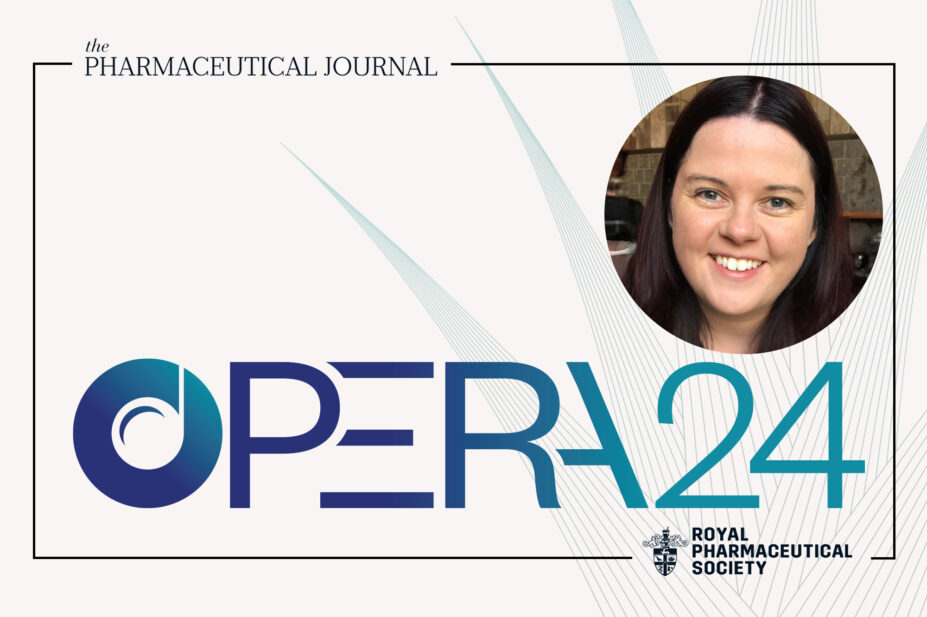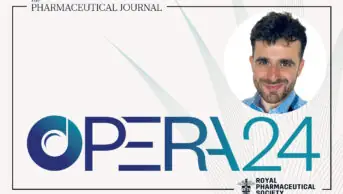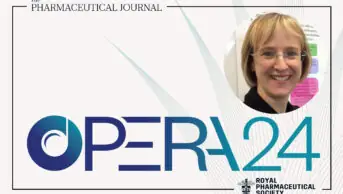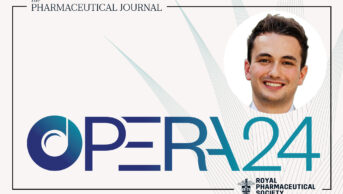
The Pharmaceutical Journal
Since her MPharm training, Anneka Mitchell has always had a desire to explore research questions to improve patient safety, with a particular focus on older people. This interest grew when the use of direct oral anticoagulants (DOACs) emerged as a promising alternative to warfarin.
“I was really interested in how the safety of these new medications compares to warfarin in this subset of people,” Anneka says. “How were these new medications being used? And were they being offered to everyone that was eligible?”
Anneka qualified as a pharmacist in 2007 and currently leads the pharmacy service for healthcare of older people, frailty and medicine at University Hospitals Plymouth NHS Trust. There, she works as a clinical academic combining her passion for research with her work as a clinical pharmacist.
Anneka’s research journey began when she successfully applied for National Institute for Health and Care Research (NIHR) funding to undertake a research masters degree. From this point on she became determined to build a research-based pharmacy career and explore the questions she had around patient access to DOACs and medicine safety for older patients.
Following her masters degree, Anneka developed her PhD independently as an adjunct to her clinical role, and was able to work on it full time after securing funding through the Dunhill Medical Trust Fellowship. She completed her PhD in 2022 and has secured £253k of funding to further develop her clinical academic role and her research into medication safety in older people.
Anneka’s work attracted the attention of the European Geriatric Medicine Society’s group on Fall-Risk-Increasing Drugs, and she was asked to lead on a review of the risks and benefits of anticoagulants in patients with atrial fibrillation at risk of falls. She also co-authored a review on alpha blockers and centrally-acting antihypertensives. This work was presented at the Congress of the European Geriatric Medicine Society, where it was well received and prompted lively discussion. “I think it really showed the difficulties people have deciding what to prescribe, what not to prescribe, and how to manage medicines in people who fall,” she said. “I think it helped clarify for some people that actually they’re withholding anticoagulation — a very effective medication — in people who fall. And, actually, their reasons may not be justified for that, because the benefits still outweigh the risks in these patients.”
Anneka’s current NIHR award involves innovative use of mixed methods research. She is using ‘big data’ to examine fall risk-inducing drugs prescribed in England in patients with dementia and combining this with a small translational study of local patients to understand how fall risk can be reduced through changes in prescribing.
Anneka has had to work hard to carve out opportunities to nurture her research career and is keen to support other pharmacists wishing to explore clinical-academic roles. As an active member of the steering group for the South West Pharmacy Research Network, she plans engagement events and encourages people to combine research and clinical practice by applying for grants. “I think building that research side alongside staying full-time clinical is very difficult, and I’m quite proud that I can show people that you can do it,” she says.
When asked how pharmacists might go about creating similar opportunities for themselves, she says: “It is just about reaching out. No one came to me and said: ‘Here’s a research project, would you like to do it?’ If there are things you’re passionate about, I just reached out to various people. I looked online to see who is doing work in this area and sent emails and made phone calls … it took time but it was worth the wait.”
Panel comments
“Impressive track record of research funding (£253k). Involvement in several national committees”
“Shows fantastic trajectory, having been awarded funding following PhD”
“This is the type of person I hoped would come forward. A self-starter in terms of their work and a role model for the wider pharmacy community.”
Publications
Welsh TJ, Mitchell A. Centrally acting hypertensives and alpha-blockers in people at risk of falls: therapeutic dilemmas − a clinical review. Eur Geriatr Med 2023;14;675–82. doi: 10.1007/s41999-023-00813-x
Mitchell A, Elmasry Y, van Poelgeest E et al. Anticoagulant use in older persons at risk for falls: therapeutic dilemmas—a clinical review. Eur Geriatr Med 2023;14:683–96 doi: 10.1007/s41999-023-00811-z
Mitchell A, Snowball J, Welsh TJ et al. Prescribing of direct oral anticoagulants and warfarin to older people with atrial fibrillation in UK general practice: a cohort study. BMC Medicine 2021;19:189. doi: 10.1186/s12916-021-02067-5
Welsh TJ, McGrogan A & Mitchell A. Deprescribing in the last years of life − it’s hard to STOPP. Age and Ageing 2020;49(5):723–4. doi: 10.1093/ageing/afaa081
Mitchell A, Welsh TJ, Watson MC et al. Use of oral anticoagulants in older people with atrial fibrillation in UK general practice: protocol for a cohort study using the Clinical Practice Research Datalink (CPRD) database. BMJ Open 2019;9:e032646. doi: 10.1136/bmjopen-2019-032646
Mitchell A, Watson MC, Welsh T & McGrogan A. Effectiveness and safety of direct oral anticoagulants versus vitamin K antagonists for people aged 75 years and over with atrial fibrillation: a systematic review and meta-analyses of observational studies. J Clin Med 2019;8:554. doi: 10.3390/jcm8040554
You may also be interested in

OPERA 2024: Ryan McNally

OPERA 2024: Zoe Edwards
